Emery Takes on Shakespeare in Their 23-24 Theatre Season
Departing seniors announcing the One School Musical, Matilda, by singing “When I Grow Up” at this years theatre banquet.
May 31, 2023
Heigh-ho, Emery shall put on a couplet of Shakespeare plays this coming term!
Every year, students at Emery eagerly anticipate the release of the upcoming show season. The highly coveted announcement has become a series of cherished rituals, with graduating seniors rehearsing in secret to perform songs from one of the new shows, daily clues on the department’s Instagram hinting at the productions, and a grand annual theatre banquet. Here, students reminisce about past shows, pay tribute to the senior class and eagerly await the unveiling of the plays and musicals for the following year.
This year, Jennifer Bauer-Conley, the Director of Fine Arts, made an exciting announcement that the department will bring two Shakespearean plays to the stage: “Twelfth Night” for the Upper Schooland “A Midsummer’s Night Dream” for the Middle School.
During the theatre banquet, Bauer-Conley recalled Emery’s previous Shakespearean performance of “Romeo and Juliet” in 2019. She remembered the initial disappointment that swept through the room, as faces fell upon hearing the news. However, she noted that their attitudes quickly transformed throughout the process.
Despite the initial daunting nature of Shakespearean language, alumni Noah Pacht, who played Romeo in the 2019 production, reflected on how the experience “was essential for [his] growth as an actor.” Pacht, currently pursuing a bachelor’s in fine arts degree at Carnegie Mellon University, has since appeared in several shows and film opportunities, including the Amazon original picture, Anything’s Possible. Today, he firmly believes that “Shakespeare is some of the most important acting training” and that “it’s awesome the school is doing it again.”
Making Shakespearean language accessible to both actors and audiences can be a challenge, but Pacht emphasized that it was a major part of the “fun” involved. He guaranteed that “audiences will leave [Bauer-Conley’s] production fully understanding the classic story,” even if “people might initially think they can’t relate to it, or that it doesn’t make sense.”
Bauer-Conley’s choice of “Twelfth Night” was driven not only by her personal fondness of the play but also because it boasts “fantastic characters” that delve into themes of “gender, identity, and perception”—subjects that hold great relevance in today’s society.
Furthermore, she believes that the play is the “right choice for the rising senior class who is known for their dedication and deep involvement.” Despite the challenges the production presents, Bauer-Conley views it as a fitting test for the students’ demonstrated commitment and passion.
While “Twelfth Night” might mirror the process of previous productions like “Romeo and Juliet,” it differs in that it is a comedy, showcasing how Shakespeare’s works are “not all high-brow and sophisticated,” according to Bauer-Conley, but can also encompass elements of humor and light-heartedness.
Similarly, “A Midsummer’s Night Dream” offers a wealth of characters, presenting an opportunity for many middle schoolers to shine. Bauer-Conley, along with Middle School Director Jenna Dorece, sought to provide middle school students with “an advanced challenge” and an early opportunity to collaborate across grade levels. While the annual all-school musical brings together middle and high school participants in the Spring, having similar shows allows the high school actors in “Twelfth Night” to engage with the middle school process and serve as mentors earlier in the year.
By performing Shakespeare, Emery students can gain valuable experience in an unfamiliar genre of theater and develop a profound connection with the timeless works themselves. Bauer-Conley believes that society and schools often “do Shakespeare a disservice by viewing his plays solely as literary works”, and she seeks to break those boundaries. In embracing the challenge of performing Shakespeare, Emery students not only will expand their theatrical repertoire but also forge meaningful connections with a classic masterpiece, transcending the limits of literature alone.
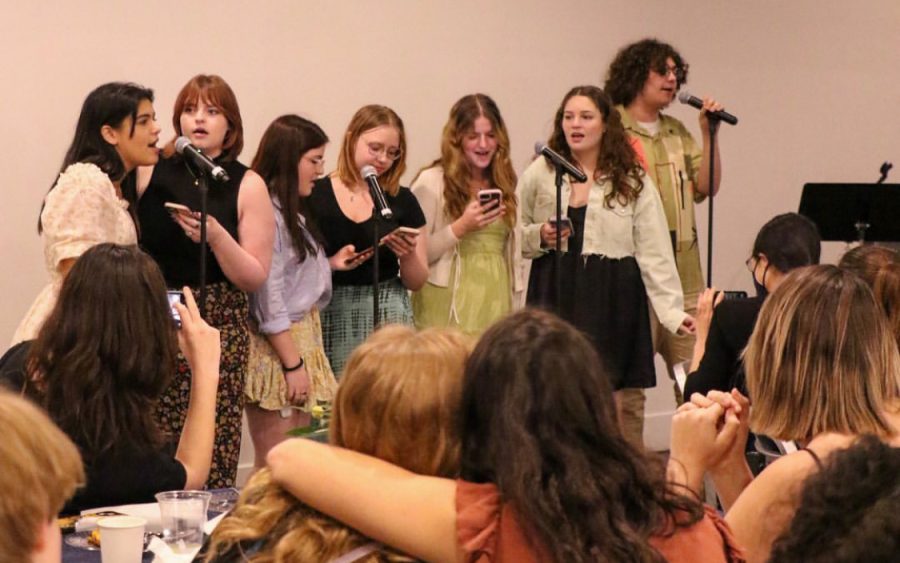


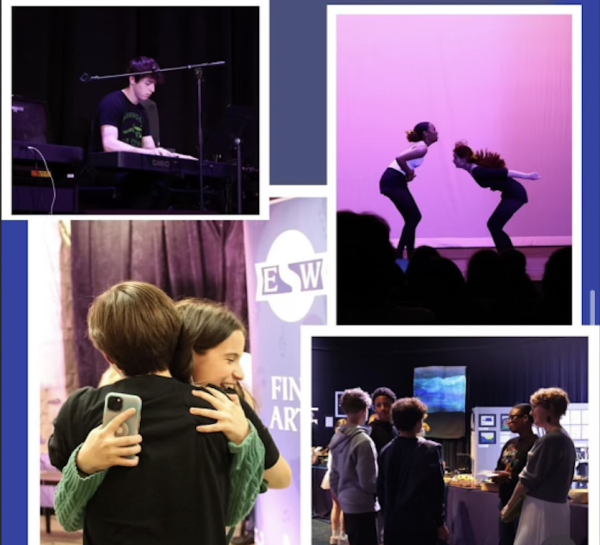
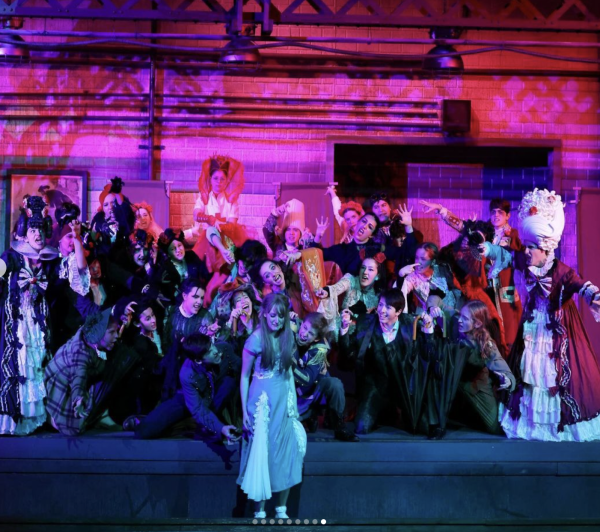
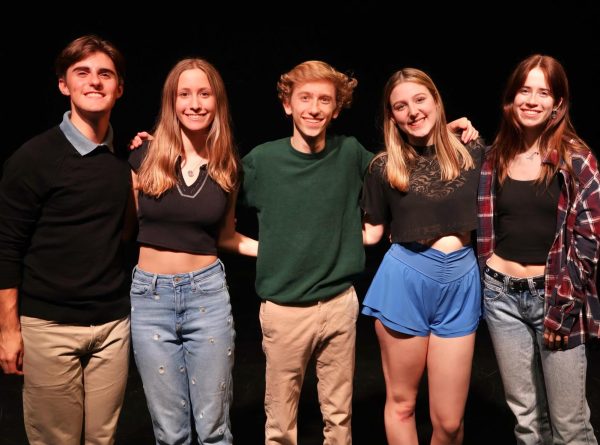
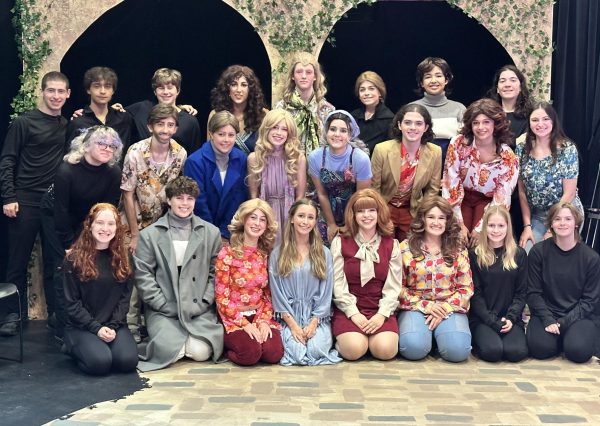
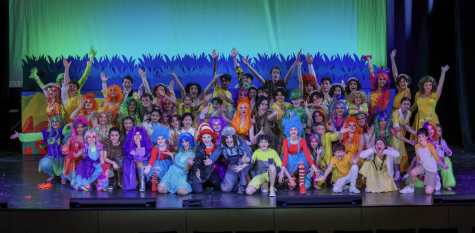
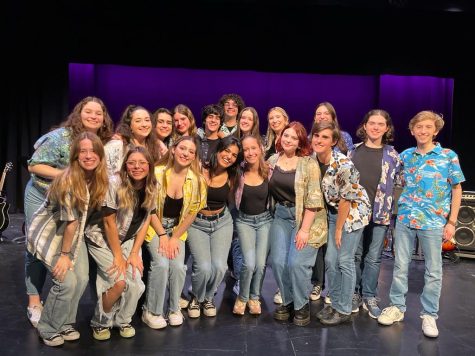

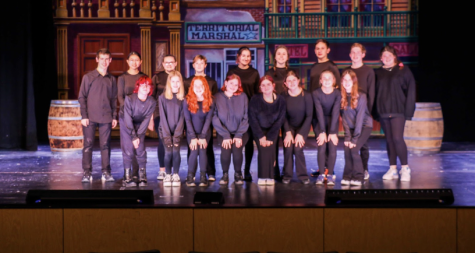
Elah • May 31, 2023 at 9:03 am
her last story 🙁